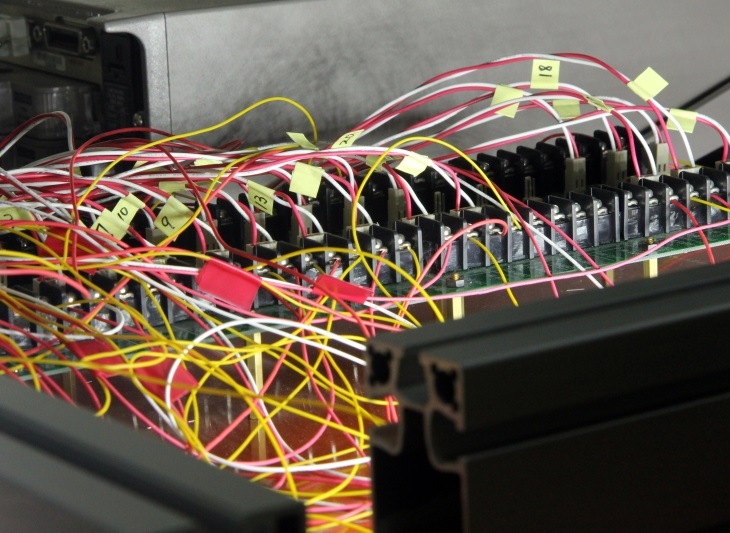Testing standards promote trade in energy efficient products

The best innovation is supported by functionality and confidence
Product innovation is inevitable but the biggest challenge is how to set international testing standards to measure the performance and ensure the acceptance of energy efficient products, said a senior APEC energy official this week in Chinese Taipei.
APEC delegates got a glimpse of the future when they visited testing laboratories and a research facility in Chinese Taipei on Tuesday. At the Industrial Technology Research Institute (ITRI), a nonprofit research and development organization, they saw products like energy efficient windows that bend light, waste heat electricity generators, floating image devices and photovoltaic cell integrated antennas.
ITRI’s role in transferring technology to the private sector has helped transform the island’s economy from a labor-intensive industry to a high-tech industry.
Delegates were enthusiastic about the innovative energy products developed at ITRI that improve efficiency and enhance renewable energy opportunities. Intelligent Energy Saving Systems will improve manufacturing, traffic lights powered by LED and solar energy lower electricity demand and affordable insulated windows that minimize load from air conditioning were among many.
Indeed, energy efficiency has become an important industry and the demand in the Asia-Pacific market has been accelerated by concerns about containing production costs, environmental damage and dealing with a scarcity of resources. As a result, environmental needs are being addressed through innovation. But these new products require international standards to widen acceptance.
APEC Expert Group on Energy Efficiency and Conservation Chair Terry Collins said that consumers want to be confident in the products they purchase, whether they are produced domestically or imported from another economy.
“The best innovation is supported by functionality and confidence,” he explained. “Establishing base standards that are accepted across the region to conduct tests for these new products will speed up testing procedures and help companies bring their products to market.”
Implementing international agreed testing standards; providing energy use information through labelling; and adopting endorsements like the Energy Star program are ways to improve efficiency. With a common platform for these it is much easier for economies to share information about product monitoring and the verification of performance. It also lowers industry compliance costs.
These same principles were applied when Collins encouraged a discussion on how to develop and promote better energy performance methodologies so that economies could have a better awareness of how efficient their industrial sectors are.
“A harmonized approach on energy performance evaluation for APEC economies includes coordination of technical issues, policy goals and measures for cooperation,” said Collins. “Harmonizing the process is important for comparability, but the context is still important because materials feeding into the process vary across economies.”
“Cooperation is needed to share best practices so that more experienced economies can help ease implementation for developing economies,” he continued. “It’s critical to learn from others. There‘s a need for a strategic framework that focuses on the technical aspects of measuring performance and indentifying priority industries.
Collins agreed with the group’s recommendations that policymakers need to identify the priorities for energy management.
“Markets work best when consumers transact with confidence and it’s the same for businesses,” he continued. “The role of the regulator is to set targets to provide a clear operating environment for industry to improve industrial energy efficiency.”
“We recommend the acceptance of best practices by reaching consensus through regional cooperation and improving alignment on regulatory and technical aspect,” Collins concluded.
# # #
For more information, please contact David Hendrickson +65 9371 8901 at [email protected] or Michael Chapnick +65 9647 4847 at [email protected].
Additional details about APEC initiatives can be found at www.apec.org. You can also follow APEC on Twitter and join us on Facebook.

